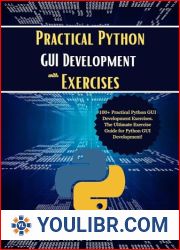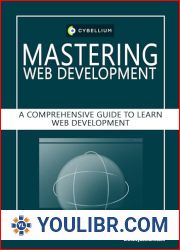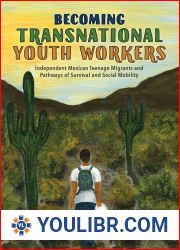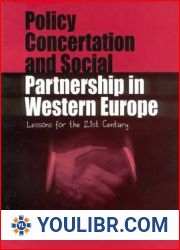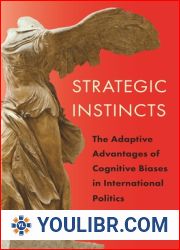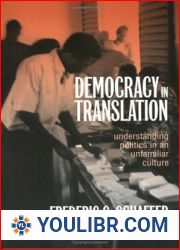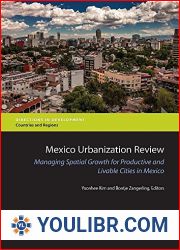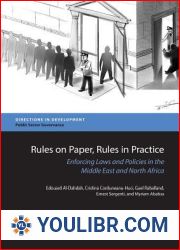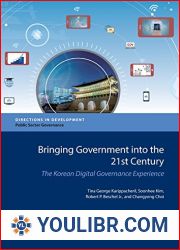
BOOKS - Pathways to Development: From Politics to Power

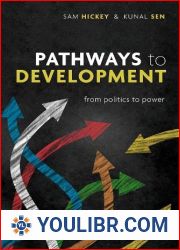
US $5.64

865341

865341
Pathways to Development: From Politics to Power
Author: Prof Kunal Sen
Year: May 20, 2024
Format: PDF
File size: PDF 4.7 MB
Language: English
Year: May 20, 2024
Format: PDF
File size: PDF 4.7 MB
Language: English
This is an open access title available under the terms of a CC BY-BC-ND 4.0 International License. It is free to read at Oxford Scholarship Online and offered as a free PDF download from OUP and selected open access locations.The puzzle of why some countries are wealthier and more developed than others continues to confound students and practitioners of development alike. Whereas earlier grand explanations focused on issues of 'geography' or 'institutions', the second decade of the 21st century finally saw 'politics' arrive centre-stage within international development. This catalyzed a search to answer the key under what conditions do governments become committed to and capable of delivering development? How can these processes be conceptualized and researched? And what (if anything) can be done to 'get the politics right' for development?Pathways to Development draws on a major comparative research effort to present new answers to the question of how politics shapes development. It develops and applies a 'power domains' framework across multiple countries in the global South to uncover the political drivers of development across a wide range of policy areas, including economic growth, gender equity, health, and education. Hickey and Sen find that a country's pathway to development is shaped less by institutional type than by the nature of the politics and power relations that underpinned these institutions and which shape how they actually function in practice within different policy domains.Comparative analysis reveals two alternative pathways to developmental outcomes, each of which is specific to particular configurations of power. The first involves a dominant ruling coalition with a strong developmental vision that faces an existential threat from social forces; the second involves competitive settlements within which the short-term vision of ruling elites and the politicization of the public bureaucracy are offset by the presence of strong and coherent coalitions within particular policy domains. Hickey and Sen use these insights to generate innovative, practical suggestions for policy actors seeking to promote inclusive development that are aligned to critical differences in political context.

















